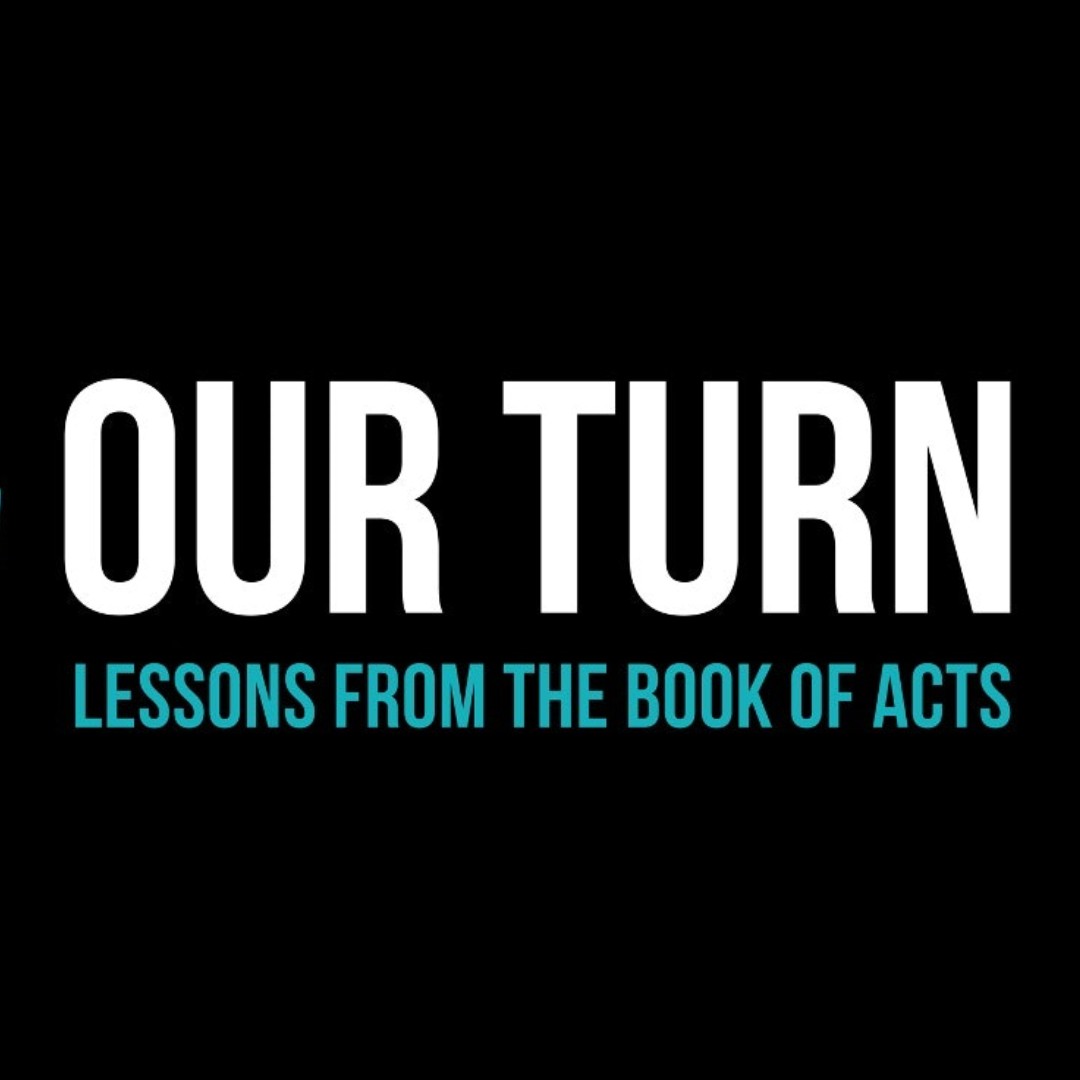Introduction
Christians believe that the story that began in the Bible continues today. God is still God. He is still active in the world today. He is still working, still shepherding, still empowering, still over-ruling, still guiding all of human history, and all of cosmic history to its God appointed end.
The story of the work of God continues even today.
The church is a central part of that story, and so is every single Christian. Each of us is born, lives, and dies as interconnected subplots in God's grand narrative. We matter. We make a difference.
What we do or don't do with God will make a difference for all eternity—specifically in the lives of the people that cross our paths.
There is a book in the Bible that makes this exact point. It is called the Acts of the Apostles, or Acts for short. The book of Acts is the sequel to the book of Luke, and was written by Luke. Luke was a medical doctor, and Luke was the sidekick of perhaps the greatest church leader ever after Christ, whose name was Paul.
So we are spending the summer listening to God's message for us through this book. The title of our series is OUR TURN... Lessons from the Book of Acts.
And today, we come face to face with one of the most remarkable passages of Scripture.
Here in Acts 2 Dr. Luke describes what is called the day of Pentecost. We are going to spend a couple of messages on this place in the Bible. There's so much awesomeness here, and honestly, weirdness here, that we're going to devote more than one message to this topic.
Our topic today is...
I know... surprising right? Hear me out.
Here's the whole section in tiny print.
The EVENT (Acts 2:1-13) - The Holy Spirit comes and the people speak in tongues
The EXPLANATION (Acts 2:14-36) - Peter Explains what this means in a sermon
The INVITATION (Acts 2:37-41) - Peter gives a salvation invitation, and 3,000 people get saved
Let's roll up our sleeves and dig in.
So, we will start with the Event:
"When the Day of Pentecost had fully come, they were all together in one place. And suddenly there came a sound from heaven, as of a rushing mighty wind, and it filled the whole house where they were sitting. Then there appeared to them divided tongues, as of fire, and one sat upon each of them. And they were all filled with the Holy Spirit and began to speak with other tongues, as the Spirit gave them utterance." (Acts 2:1-4)
That's the main trigger of the Day of Pentecost, and the rest of the chapter tries to make sense of it. Let's take it apart.
The Day is the Feast Day of Pentecost.
The day of Pentecost was one of three great feast days in Ancient Israel. On this day, every Jewish male traveled to Jerusalem. The population of Jerusalem swelled to many times its normal size.
The Jews were dispersed all over the world. So, on this day, Jewish men were regathered to Jerusalem from all over the world. As the centuries passed, they became less and less Jewish in their styles and clothing and language, even though they stayed Jewish in their faith.
The Feast of Pentecost was fifty days after another Jewish holiday, called the Passover.
It was also called the Feast of Weeks, because it was seven weeks after Passover, the time when Jesus was crucified.
It was also called the Feast of Harvest, because it coincided with the beginning of harvest time. We'll come back to this factoid. So, the events of this day happen on the Day of Pentecost.
The People were all the Christians, gathered waiting for the Promise of God to come true.
This is Acts chapter 2. In Acts chapter 1, Jesus literally turned on his anti-gravity abilities and floated up into the sky, all the way to heaven. He ascended, so that event is called the Ascension of Christ. But before the Ascension, Jesus told his little gathering of believers to wait longer in Jerusalem
